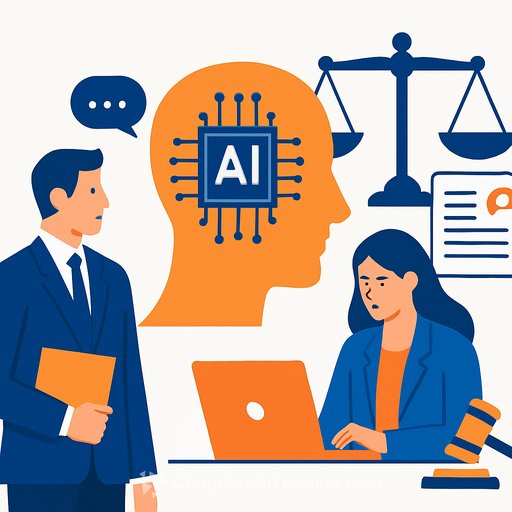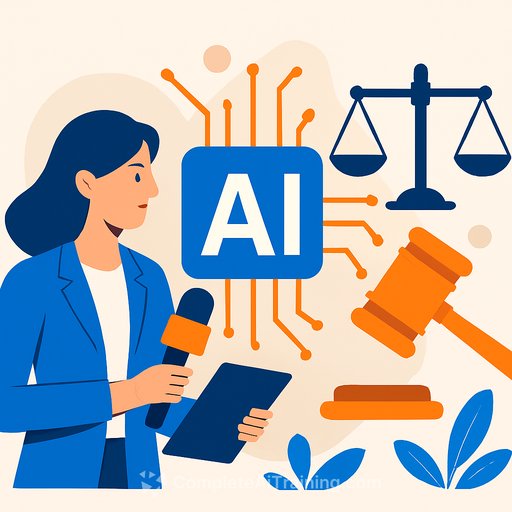How Generative AI Is Changing Legal Services and the Need for AI Fluency
Generative artificial intelligence (AI) is no longer a novelty in legal work; it’s becoming an essential part of daily legal operations. As these tools integrate deeper into workflows, legal teams must shift from experimenting with AI to strategically adopting it. This shift requires building what’s called “AI fluency” — a practical understanding of AI’s capabilities, limitations, and governance.
From Experimentation to Intentional Use
Legal teams should move beyond pilot projects and focus on embedding generative AI into core processes where it can reduce workload without adding risk. This means identifying tasks AI can handle efficiently and deploying it thoughtfully. It’s equally important to establish governance frameworks early to ensure AI use is responsible and scalable.
Meeting the Demand Gap in Legal Services
The demand for legal services often outstrips available resources, especially at certain price points. Generative AI is helping to increase supply, offering a solution to this imbalance. This expansion benefits the industry by making legal support more accessible and efficient.
What Is AI Fluency in Legal Work?
AI fluency means more than just knowing AI exists; it’s about understanding what AI tools can and cannot do and integrating them effectively into legal workflows. Legal professionals don’t need to be AI engineers, but they should be able to:
- Grasp the basics of AI technology relevant to legal tasks
- Gain hands-on experience with AI tools, supported by training and feedback
- Recognize AI’s current limitations and learn how to work around them
Since AI technology will improve over time, waiting for perfect tools only slows progress. Starting now, with an awareness of the risks and benefits, is the best approach.
Steps for Corporate Legal Departments to Develop AI Fluency
Legal leaders should identify team members eager to adopt AI and provide them with support and education on safe, practical use. Partnering with experienced external providers can help navigate the fast-moving AI landscape and avoid long evaluation delays.
Using AI solutions as services rather than committing to a single tool long-term allows legal teams to stay flexible and upgrade as better options become available.
Why Some Legal Departments Thrive with AI and Others Struggle
Early adopters tend to succeed because they invest in education and understand the compounding benefits of adopting AI sooner. These teams gain a lasting advantage, making it difficult for late adopters to catch up.
The Advantage of Being Technology-Agnostic
Successful legal operations focus on client outcomes over vendor preference. This means evaluating AI tools based on how well they solve specific problems rather than loyalty to a single platform. Working with partners who understand existing technology stacks ensures smooth integration and avoids disruption.
How Integreon Evaluates AI Technology
Integreon maintains a dedicated technology team that continuously monitors and pilots AI tools. This team combines market research, practical testing, and client feedback to recommend the most effective solutions.
Shifts in Legal Operations with AI Integration
As AI becomes embedded in legal workflows, law departments will combine legal expertise with technology to speed up processes and reduce costs. This shift challenges traditional billing models and opens the door for alternative legal service providers (ALSPs) to offer technology-powered support alongside in-house teams and law firms.
For legal professionals aiming to stay ahead, building AI fluency and adopting adaptable AI solutions is key to meeting rising demand efficiently and effectively.
Explore practical AI courses tailored for legal professionals at Complete AI Training to start developing your AI fluency today.
Your membership also unlocks:






